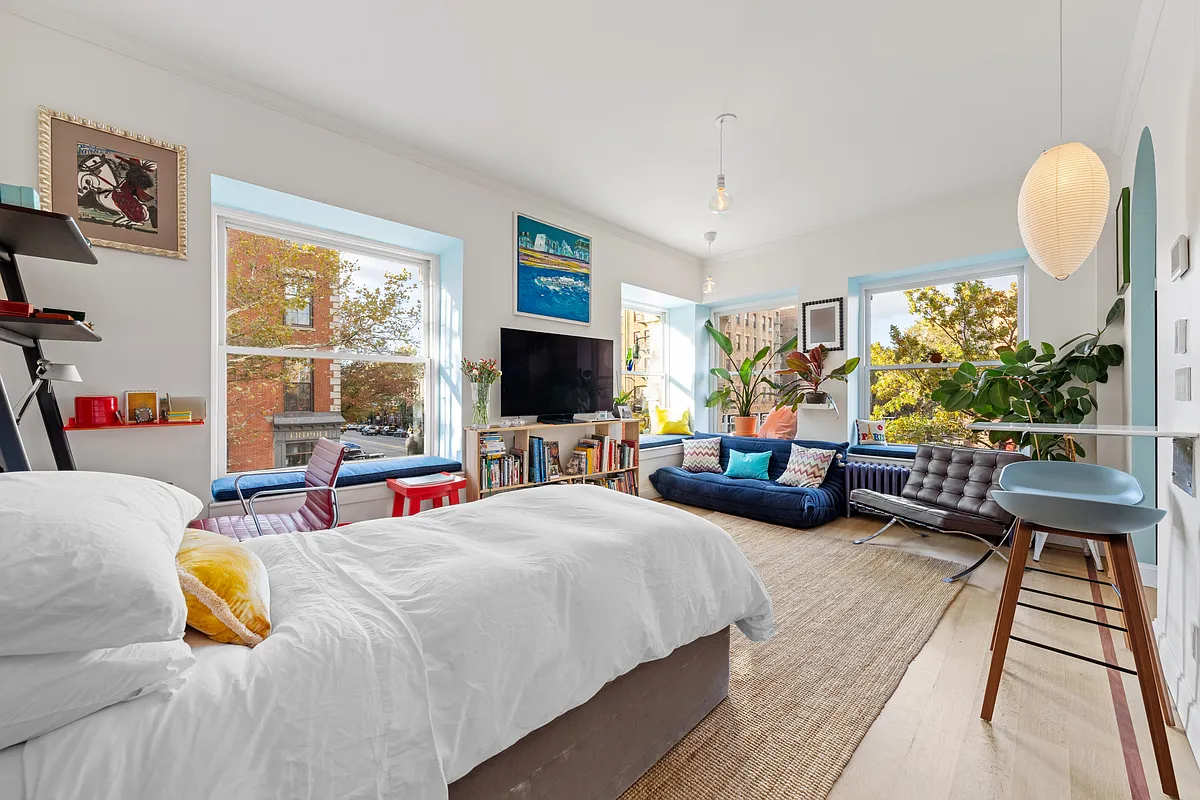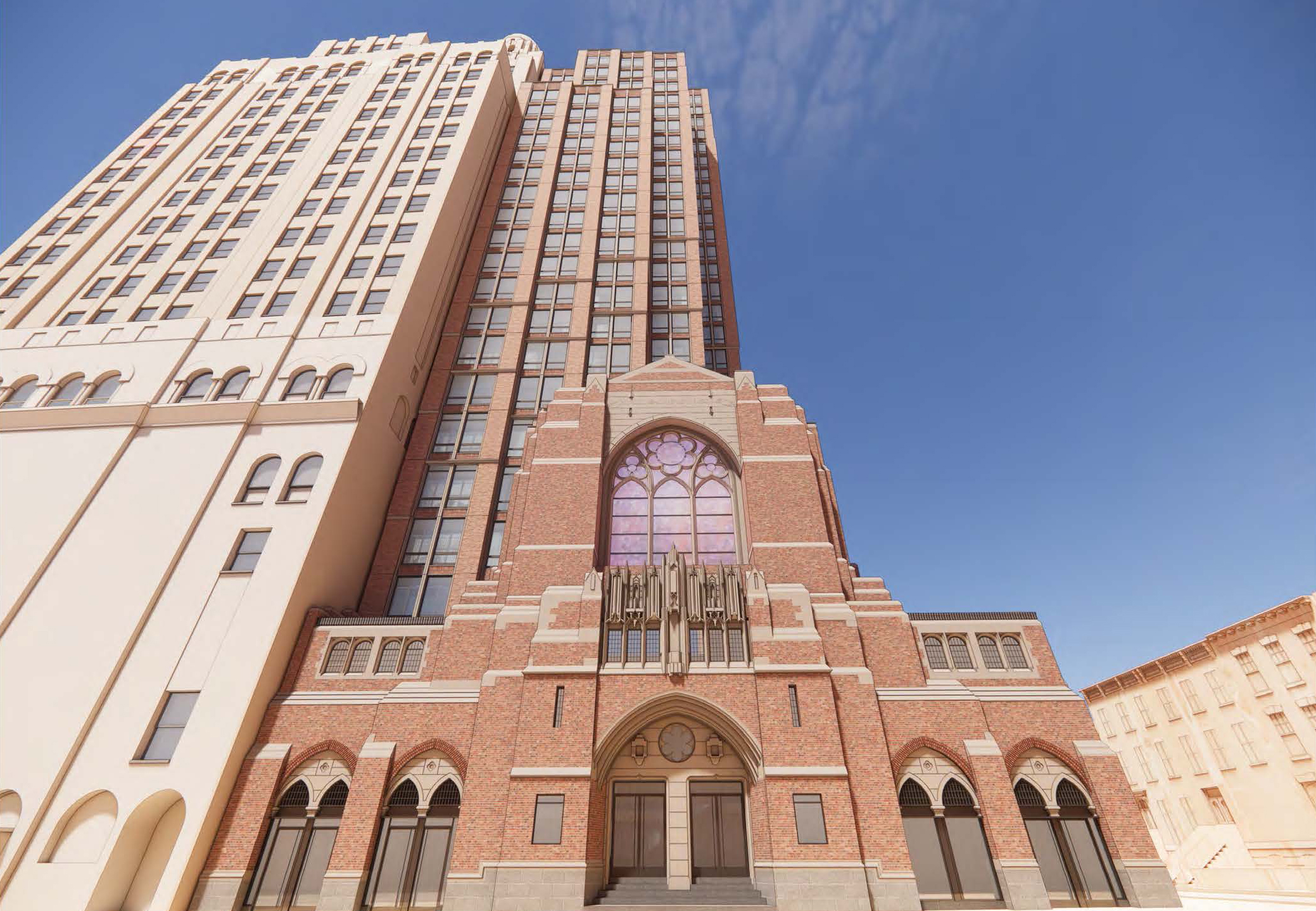Brooklyn Secret Agent: Competitive Offers or Bidding Wars
Today we bring you the 12th of an anonymous weekly column about real estate by one of the most experienced agents in Brooklyn: Following last week’s column on the difficulties of being a buyer of real estate in brownstone Brooklyn, I want to share my thoughts about competitive bidding. Unfortunately there are as many approaches…

 Today we bring you the 12th of an anonymous weekly column about real estate by one of the most experienced agents in Brooklyn:
Today we bring you the 12th of an anonymous weekly column about real estate by one of the most experienced agents in Brooklyn:
Following last week’s column on the difficulties of being a buyer of real estate in brownstone Brooklyn, I want to share my thoughts about competitive bidding. Unfortunately there are as many approaches to this as there are sellers and brokers.
This is how I do it. When I first meet a seller, we discuss the possibility of multiple bids. Usually the seller becomes gleeful at the prospect and wonders how that could possibly be a problem. Then we discuss how to approach it. This is one of those subjects which is best addressed ahead of time. I recommend that if we get multiple bids we will hold a “best and final” round, asking buyers to give it their best shot and promising to accept one of those. It takes some convincing — the seller often wants to know why it isn’t best to just show each bid to all the other bidders. I explain that revealing other bids is so difficult on buyers’ psyches that many good ones drop out. Most sellers get this. I really mean it when I say “best and final.” The process will be over and the best offer will be accepted.
The best laid plans, however, do not always work out. Sometimes after the best and final offer is accepted, a new offer comes in, not because we are still showing, but from someone who had seen the property previously. If it is higher, most sellers want the extra money. About 10 percent of sellers in this situation decide to be honorable and stand by their accepted offer. Usually the seller will allow me to go back to the accepted buyer and offer the opportunity to match, but not always. For example, two years ago the sellers of a Park Slope house accepted an offer after one week, only to see six more offers come in. The seller stayed with the first one, but required the buyer to waive their mortgage contingency to keep the deal. That was one of the few sellers I’ve seen leave money on the table — about $15,000.
All brokers handle these situations differently. Some make up bidding wars where they don’t exist. Others shop each offer against the others. Some deliberately underprice property to generate competitive bids. I know of a deal where the broker held three “best and final” rounds. Really? It is very hard to be a winning buyer when you don’t know the rules of the game.
But after all, real estate in New York City is a free market. And free markets, just like democracy, are messy.





If goldman refers to clients as muppets, how do bk residential re brokers refer to theirs?
i still think this is donald brennan.
The Outsider was pretty great too.